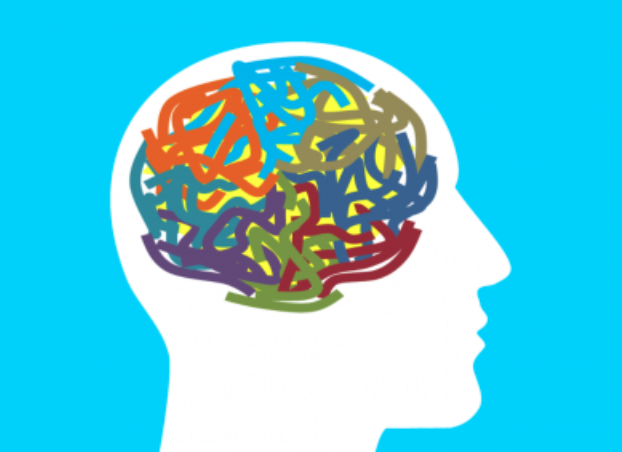Mental Health in Quarantine
With the COVID-19 pandemic at large, mental health has become a main concern of many people.
January 22, 2021
Over the past year, people all over the world have been stuck at home. No parties. No seeing your friends. No school. Nothing. And for some people, this has had an effect on their mental health. Psychological wellness is important in life, so you can live a happy and peaceful life.
When you have mental health issues, such as depression or social anxiety, it can overtake your whole body. This can also cause various problems such as eating disorders, suicidal thoughts, constant mood swings and your overall state can just plummet, if you don’t take care of yourself soon.
Mental health problems are serious, and if not addressed, they can lead to severe problems in the future.
Coping during COVID-19 can be a struggle, and increasing worries about your own health, the health of your loved ones, your financial situation, or even your job don’t help. Everyone reacts differently to stressful situations, and if needed, some choose to call a hotline. Helping others in this time period, an era of change, helping others cope can create bonds and make a community/family stronger.
Loneliness can be one of the many things that lead to poor intellectual problems. And now more than ever, people are separated from their loved ones, with no one to talk to. This can affect several, especially adults, or even kids. Isolation is a large factor to the cause of self-murder, in general.
Another cause of issues such as depression or anxiety can be job loss, which is a very prevalent matter in today’s society, with the coronavirus rapidly spreading. According to KFF, “Low self-esteem and may lead to higher rates of substance use disorder and suicide.”
Data has also shown that adults with job loss or financial income problems are more likely to report that they have depression or other types of troubles compared to people who have a secure job and money flow.
“With long-term closures of schools and childcare centers, many parents are experiencing ongoing disruption to their daily routines,” says KFF. Parents with children under the age of eighteen say that their mental health has been negatively impacted by COVID-19. Mental disorders are more commonly seen in women due to levels of stress in the pandemic.
Kids themselves can feel pressure, stress, or both due to lack of social interaction and more.
Students experience fatigue, decreased energy and more since they are given so much access to screens. Spending too much time at home seems to make the lines between classes/work and free time slightly foggy.
Even though learning and working twenty-four seven from home has been an interesting experience, overall, people can only say it has been a challenge with all the difficulties that have come from this sudden switch.
If you feel anything of the sort, you can even help yourself by taking it upon yourself to call a hotline or talk to someone. In quarantine, there have been a lot of sudden changes, and these things are natural. Positive mental health will allow one to realize their full potential and cope with life’s challenges.
“Mental health is a state of well-being in which an individual realizes his or her own abilities, can cope with the normal stresses of life, can work productively, and is able to make a contribution to his or her community,” says World Health Organization.






